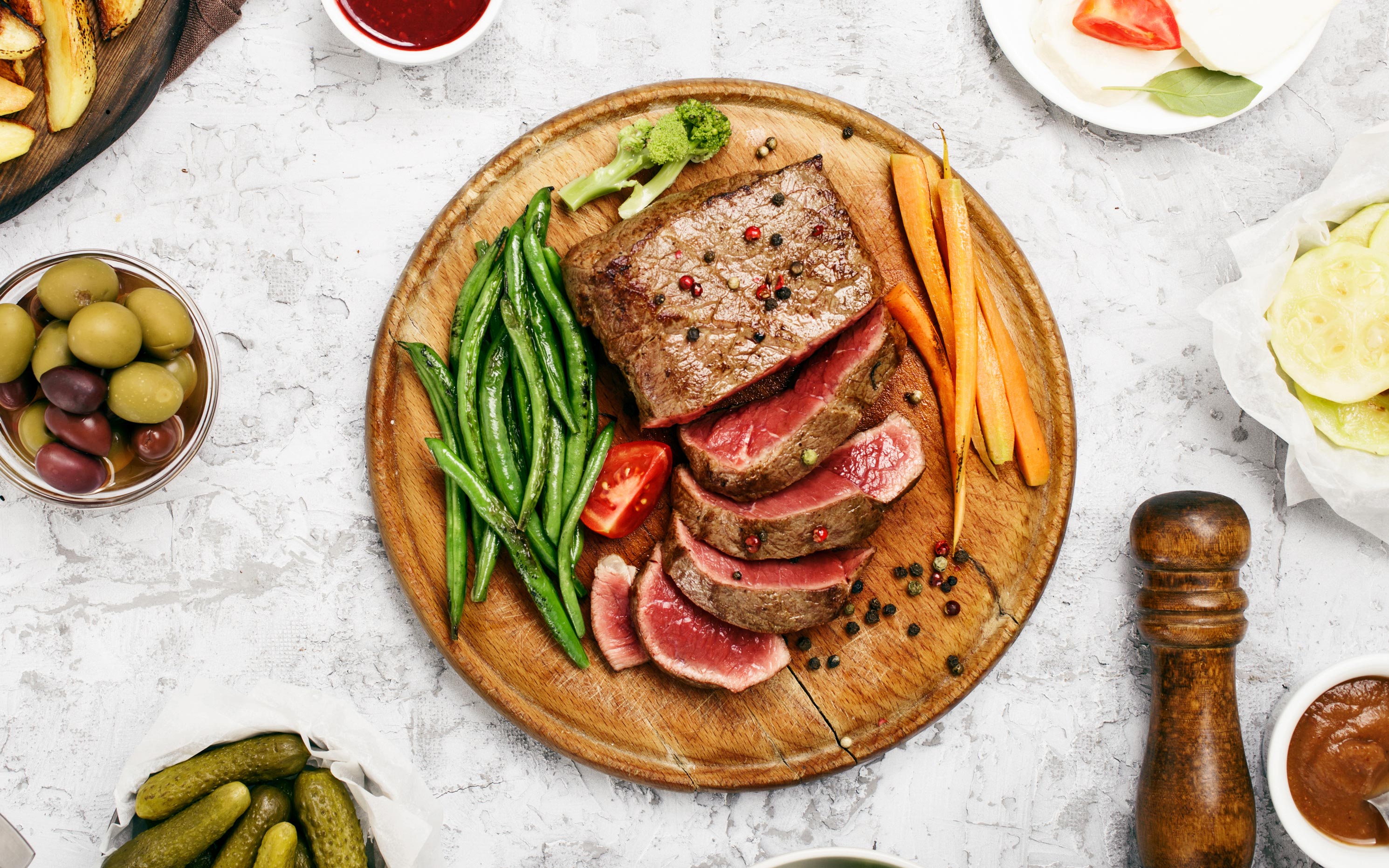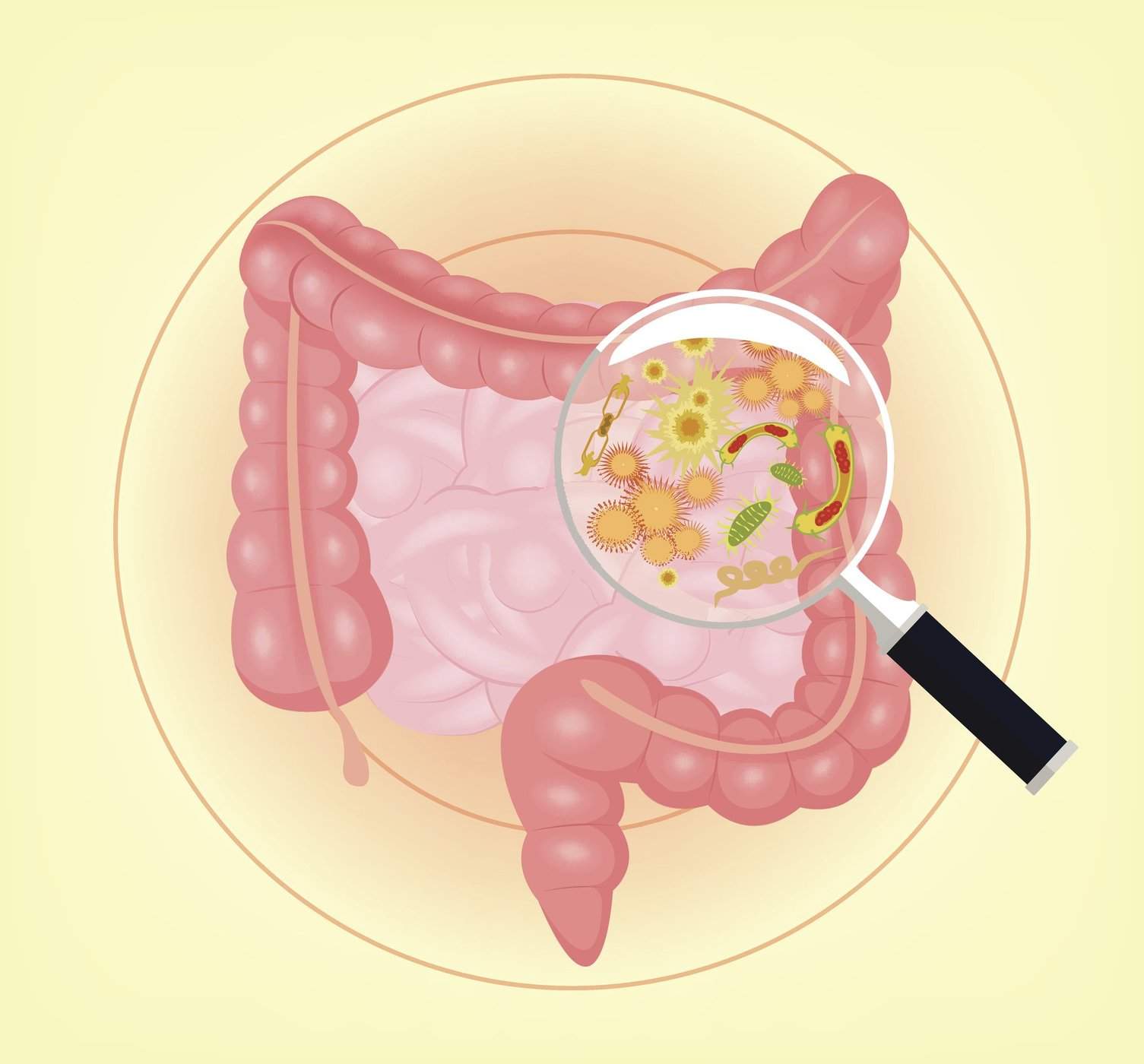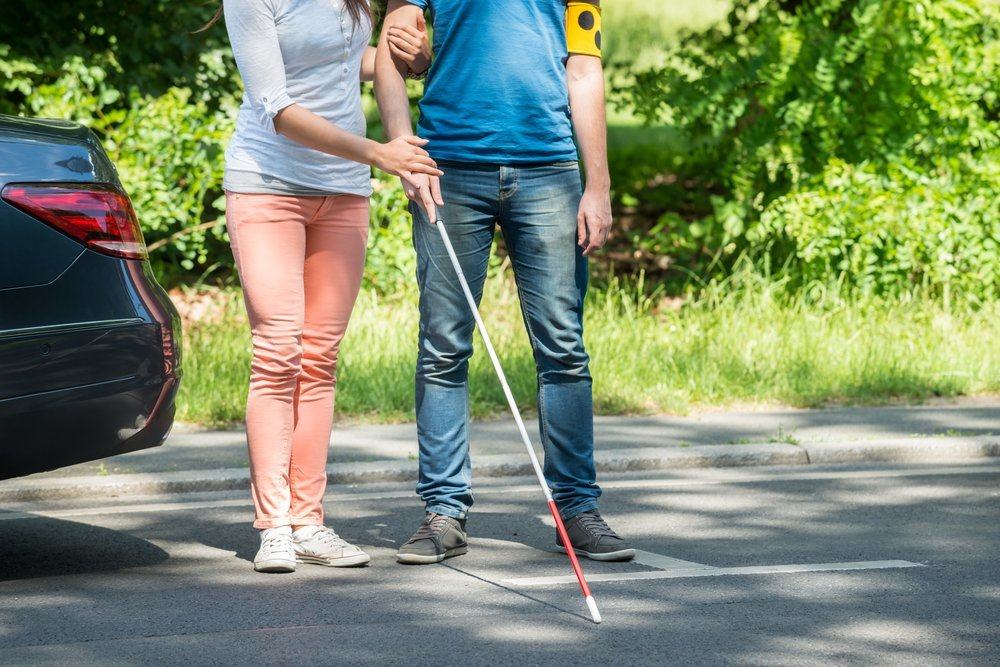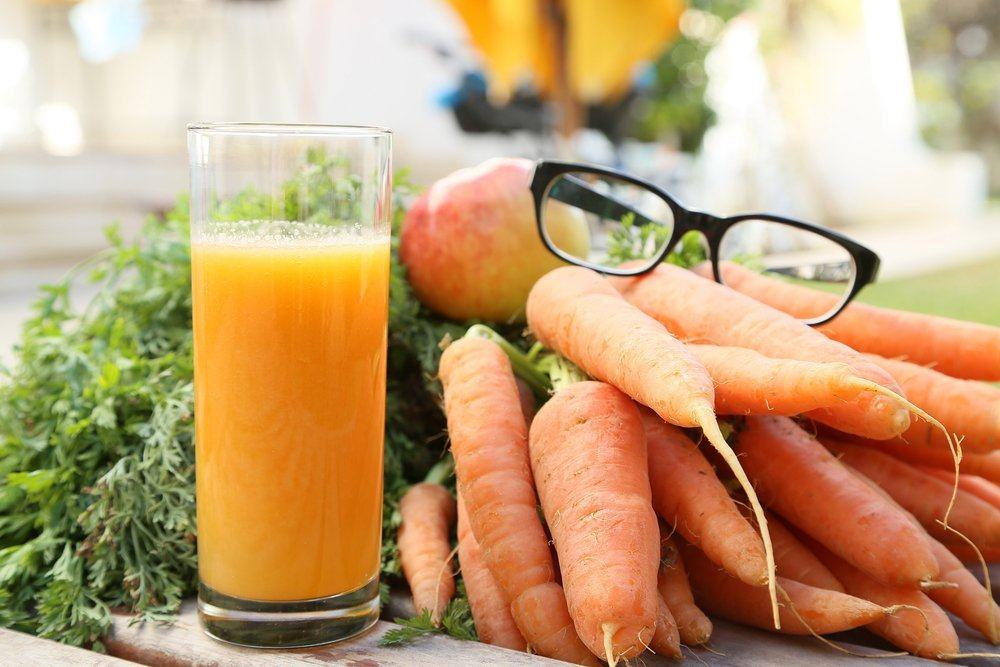Contents:
- Medical Video: What to know about the ketogenic diet for epilepsy
- How can food affect epilepsy?
- Foods for epilepsy sufferers that should be consumed
- 1. Meat and seafood
- 2. Nuts
- 3. Vegetables and fruits
- Are there foods that should be restricted / avoided?
- 1. Simple carbohydrates and food sources
- 2. Food with MSG
Medical Video: What to know about the ketogenic diet for epilepsy
Epilepsy is a disorder of the central nervous system where nerve cell activity in the brain is disrupted and causes seizures. Seizures can occur at different levels between epilepsy sufferers. But don't worry, some things can help reduce the symptoms of epilepsy. One of them is to eat the right foods. What are the foods for epilepsy?
How can food affect epilepsy?
Eating healthy foods with a balanced diet can certainly improve your overall health. Important nutrients that are able to be fulfilled properly can keep the body's energy level stable. This can then help reduce the risk of seizures in some people with epilepsy.
Some theories say, applying a ketogenic diet or a low-carbohydrate and high-fat diet can also reduce seizure symptoms in epilepsy sufferers. Although experts still do not understand the mechanism that caused this to happen. But, experts believe that the condition of ketosis experienced by the body when running a ketogenic diet plays a role in reducing symptoms of epilepsy. Ketone compounds produced during ketosis can be an energy source for the brain that is more efficient and can protect brain cells from damage.
Foods for epilepsy sufferers that should be consumed
The right diet can help epilepsy sufferers deal with their conditions. Many experts recommend that epilepsy sufferers apply the ketogenic diet to make their condition better. This ketogenic diet has a principle of low carbohydrate and high fat. So, foods that you should consume when applying this diet are:
1. Meat and seafood
Meat, such as chicken, beef, mutton, and fish and seafood are some of the foods that should be consumed by epilepsy sufferers. These foods are rich in fat and protein which is good for epilepsy sufferers. In addition, meat (especially red meat) is also rich in zinc minerals which are good for supporting the immune system.
2. Nuts
Nuts including processed products, such as tofu, tempeh, soy milk, and others, are food sources of vegetable protein. People with epilepsy are also advised to consume moderate amounts of protein. At least, epilepsy sufferers must fulfill 80% of their dishes with food sources of protein, both animal and vegetable proteins.
3. Vegetables and fruits
Vegetables and fruits are a source of complex carbohydrates with high fiber content, low calories, and various important nutrients, so epilepsy sufferers are advised to eat vegetables and fruits. Not only that, vegetables and fruits also contain high antioxidants which can protect your body's cells from damage.
Research published in Clinica Chimica Acta shows that epilepsy sufferers with low antioxidant consumption are more prone to seizures. So, consuming antioxidant-rich fruits and vegetables can help epilepsy sufferers reduce seizures.
Are there foods that should be restricted / avoided?
Some foods may worsen epilepsy symptoms. So, to avoid this, there are several foods for people with epilepsy that should be limited or avoided, namely:
1. Simple carbohydrates and food sources
Blood sugar levels that fluctuate in some epilepsy can trigger seizures. So, maintaining blood sugar levels in people with epilepsy is very important. This can be done by controlling carbohydrate intake.
It's best to avoid foods with a high glycemic index because it can increase blood sugar levels. Examples of these foods are sweet drinks, soft drinks, white bread, white rice, cakes, chocolate, and others.
Epilepsy sufferers may still eat carbohydrate-based foods, but only in low amounts. Choose carbohydrates with a glycemic index that is not too high if you want to eat carbohydrate-source foods. For example, brown rice, whole wheat bread, whole wheat pasta, oats, or potatoes with the skin.
2. Food with MSG
MSG is often used as a flavoring and preservative in various foods. However, research published in Neuroscience Letters shows that excess MSG in mice can change the nerves of mice and cause epileptic seizures. Although this research is still limited to animals, it's good for those of you who suffer from epilepsy to limit the consumption of food with MSG.












